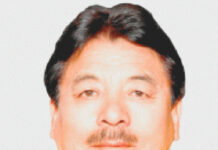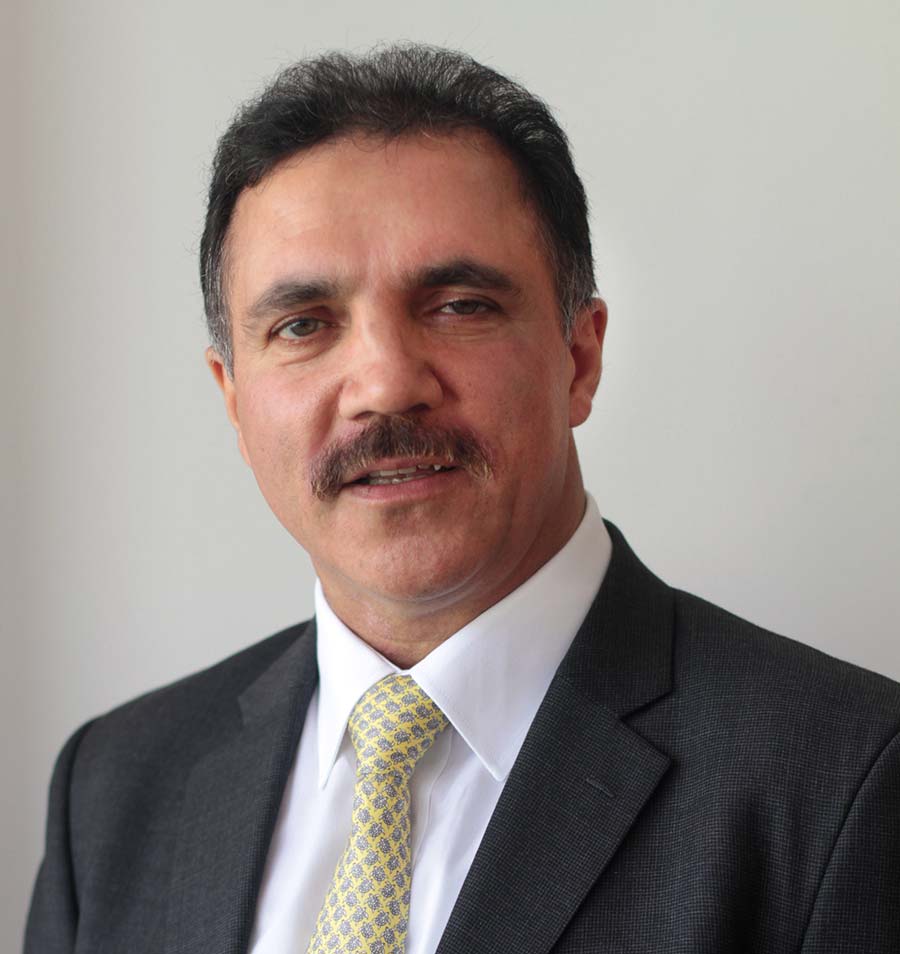(April 24, 1918 – June 12, 1975)
For the first time since it emerged as a nation in 1971, Bangladesh this year started the process of acknowledging the services of individuals who contributed in the fall of Dhaka and splitting of Pakistan. Those being honoured include Kashmiri politician turned diplomat Durga Prasad Dhar whose son Vijay Dhar is flying to Dhaka to receive the honours from Bangladesh president Zilur Rahman on March 26. Vijay runs DPS school in Srinagar and is entering hospitality sector by setting up a major hotel in Jammu.

Dhar graduated from Punjab University and later studied law from the Lucknow University. DP, as he would usually be called, has been one of the principle architects of India’s Kashmir Policy, especially the post-partition era. DP was part of the quit Kashmir movement. He was jailed for some time in 1946. In 1947 DP’s contribution in becoming a bridge between Kashmiri civilians and the Indian army was acknowledged by the contemporary historians. Later, after Maharaja Hari Singh fled, DP became initially the home secretary of the state in Sheikh Abdullah’s government and later a Deputy Minister.
As India took the Kashmir case to the UN Security Council, DP was part of it in 1949. Later when UN general assembly had its session in Paris in 1952, DP was part of the Indian Delegation.
Dhar remained a member of J&K’s Constituent Assembly (1951-57) and later in the next term up to 1967. However, DP changed as New Delhi shifted its policy towards Kashmir. Yousuf Taing, the official biographer of Sheikh Abdullah said DP played a dirty role in 1953 that eventually led to dethroning of Sheikh and his subsequent arrest.
DP finally became one of the closest confidants of the Nehru-Gandhi family. He also had a significant role in the Shimla Agreement.
A policy man, DP was first appointed as ambassador to Russia in 1969 and later in 1971 as head of a planning cell in MEA during which time he negotiated the 1971 Indo-Soviet Treaty of Friendship and Cooperation and the creation of Bangladesh. In 1972 he was nominated by J&K state to Rajya Sabha that enabled him to become India’s Planning Minister in Ju1y 1972. He was posted to Moscow again in 1975, a position he occupied till he died.
















India occupied kashmir by force,but kashmir is not parts of India and Pakistan as UN resolutuon.DP was a a good diplomate ,but he did not play posaitive fo peacefull sloution for solve of kashmir issue.thanks.